Tabassum Hashmi, known professionally as Tabu, did not consider herself a science fiction fan when she was cast as Bene Gesserit Sister Francesca in HBO’s series Dune: Prophecy. However, as the actress explained to Game Rant, Dune in many ways does not feel like a science fiction story.
Rather than focusing on technical and mechanical details, Dune: Prophecy and other Dune stories focus on characters and relationships. To Tabu, this gives Dune a deeply human heart that she finds compelling.
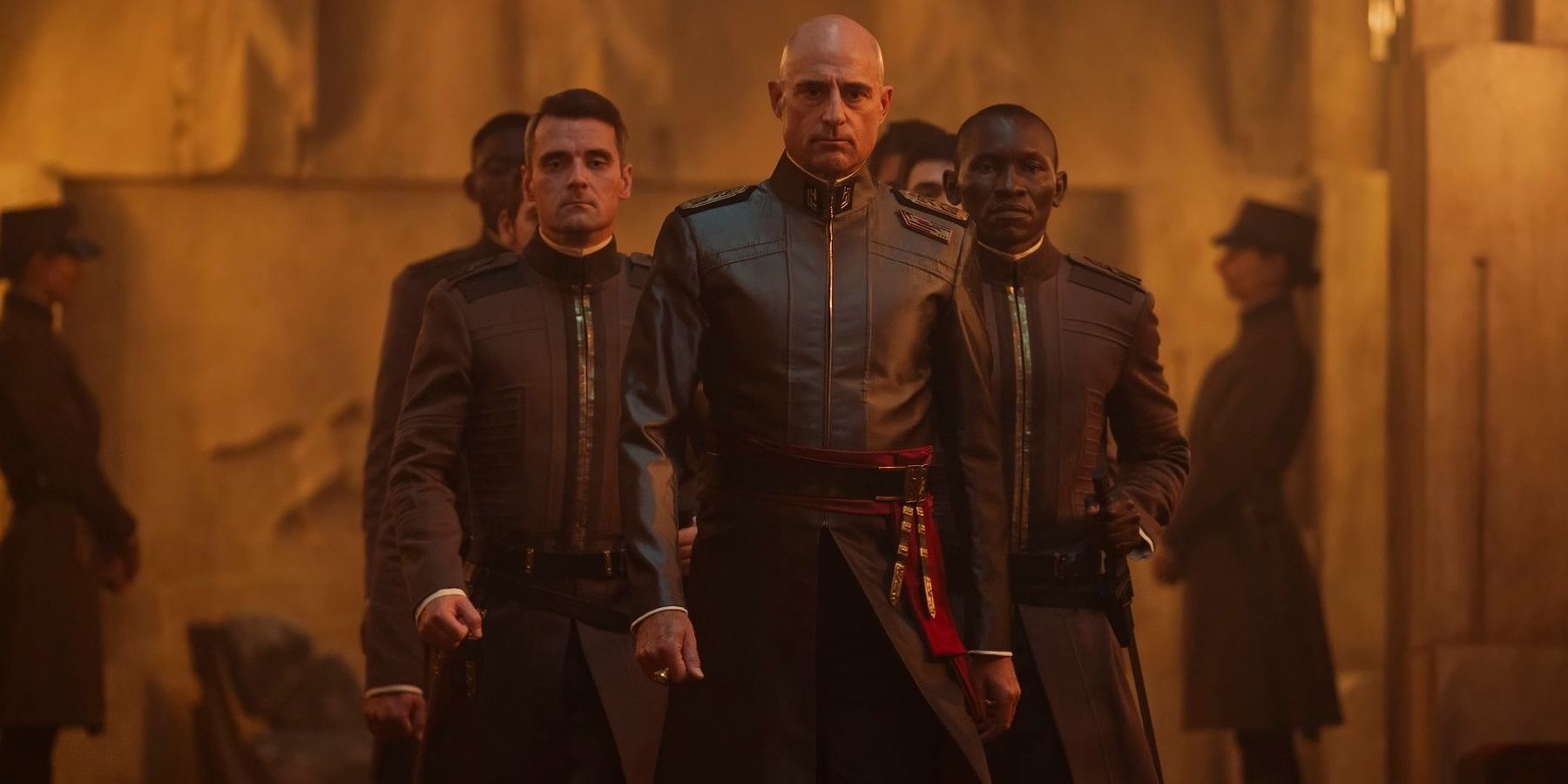
Related
Dune: Prophecy – The Plot Against the Landsraad, Explained
A look at what was behind episode four’s doomed attempt at rebellion
Dune Stories Are Not Just Scientific, But Human And Relatable
Tabu appeared in the latter part of Dune: Prophecy’s first season as Sister Francesca, a powerful Bene Gesserit torn between her loyalty to the Sisterhood and her genuine feelings of love for Emperor Javicco Corrino. Having been ordered back to court by Mother Superior Valya Harkonnen, Francesca reconnects with Javicco and her son Constantine while feeling conflicted about the duty Valya asks of her. It is just one of the many deep, human stories that Dune: Prophecy tells, and it is what drew Tabu to the role.
“When I saw Dune,” the actress explained, “when I was brought on board, it took me by surprise to see how a sci-fi subject can be so not sci-fi…There was a reason why they made it so relatable.” Dune: Prophecy – and the original Dune novels – are about characters and relationships. Prophecy centers around Valya and Tula Harkonnen’s bond of sisterhood, their lingering ties to House Harkonnen, and the complicated feelings of love, duty, frustration, and fear binding the royal family: Emperor Javicco, Empress Natalya, Princess Ynez, Constantine, and, ultimately, Francesca.
Dune Differs From Other Science Fiction Stories Both Narratively And Visually
Tabu felt that Dune stands apart from other science fiction media, specifically citing the Star Trek franchise and films such as Star Wars: Return of the Jedi – to the point that, in her experience, Dune is often not referred to as primarily a science fiction series by its fans. Discussing Dune and its fan base, Tabu said,
“It’s not like Star Trek sci-fi, Return of the Jedi, or anything like that. Dune is a film. It’s a story. People even forget the fact that it’s sci-fi. Of course, it is, but it deals with the universe and the planets in such a different manner.”
Dune certainly has its technical elements: the novels go into detail explaining how the Fremen stillsuits harness the body’s water, for example, or how Mentat and Bene Gesserit powers are trained and utilized. But Dune often feels far less mechanical and technical than other science fiction. Part of that may be how, in-universe, the spice harvested from Arrakis is both powerful and multi-functional and not fully understood by many of the factions and individuals who wish to harness its power.
Tabu also highlighted how both Dune: Prophecy and Denis Villeneuve’s Dune films are “visually different from other sci-fi films that you see.” High-tech elements like spaceships do appear, but a greater focus is put on intimate scenes between the characters. Dune: Prophecy, which is a very political show without much in the way of epic battle sequences and minimal appearances from the mighty sandworms of Arrakis, is a particularly poignant example of this. Yes, it’s a science fiction show, but it’s also about two sisters whose lives are changed by the loss of their brother, two lovers reconnecting after many years apart, and just what it means to be a part of something greater than oneself – whether that thing is the Galactic Imperium, the Bene Gesserit Sisterhood, a rebellious plot, or something else entirely.
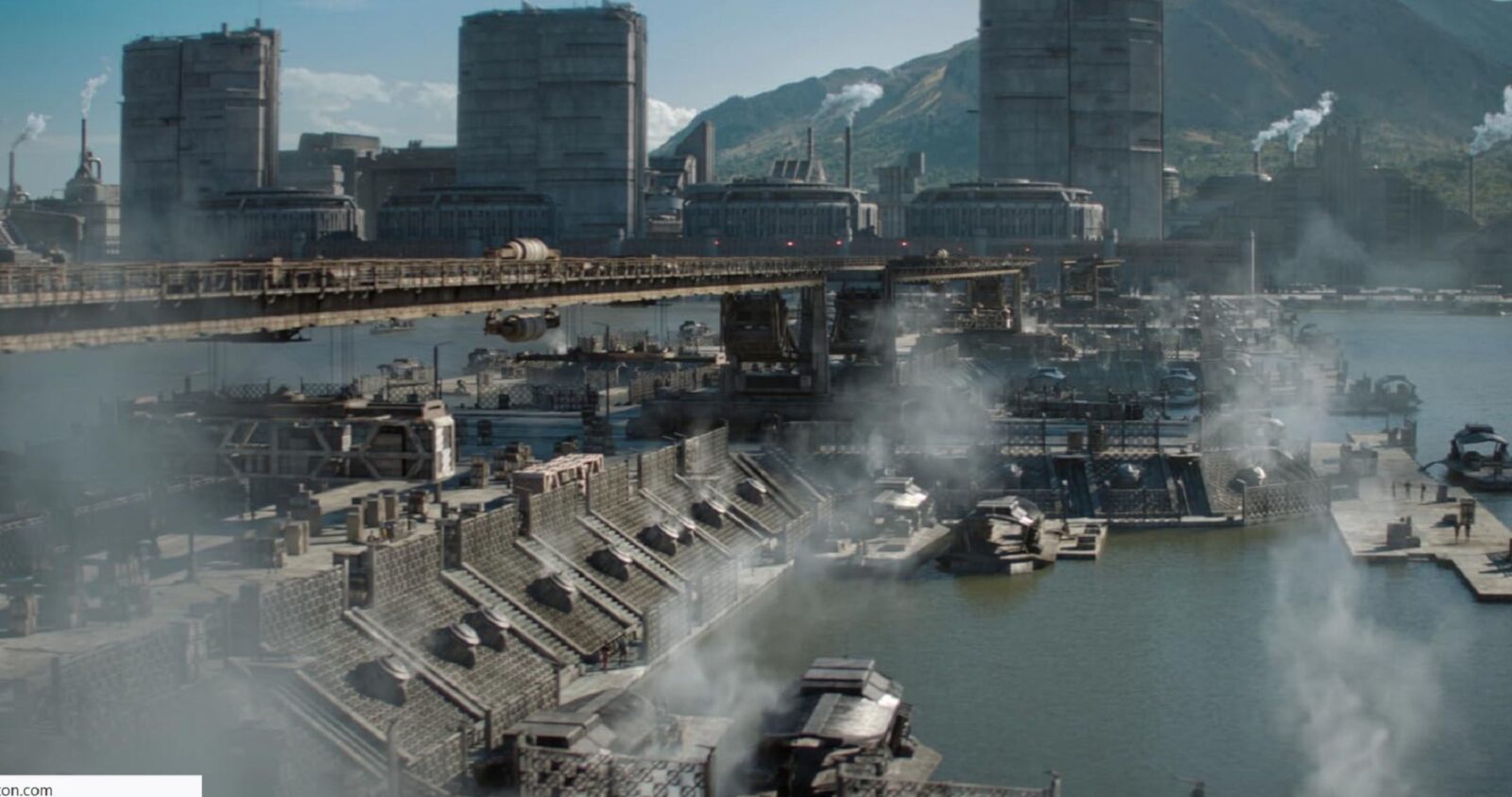

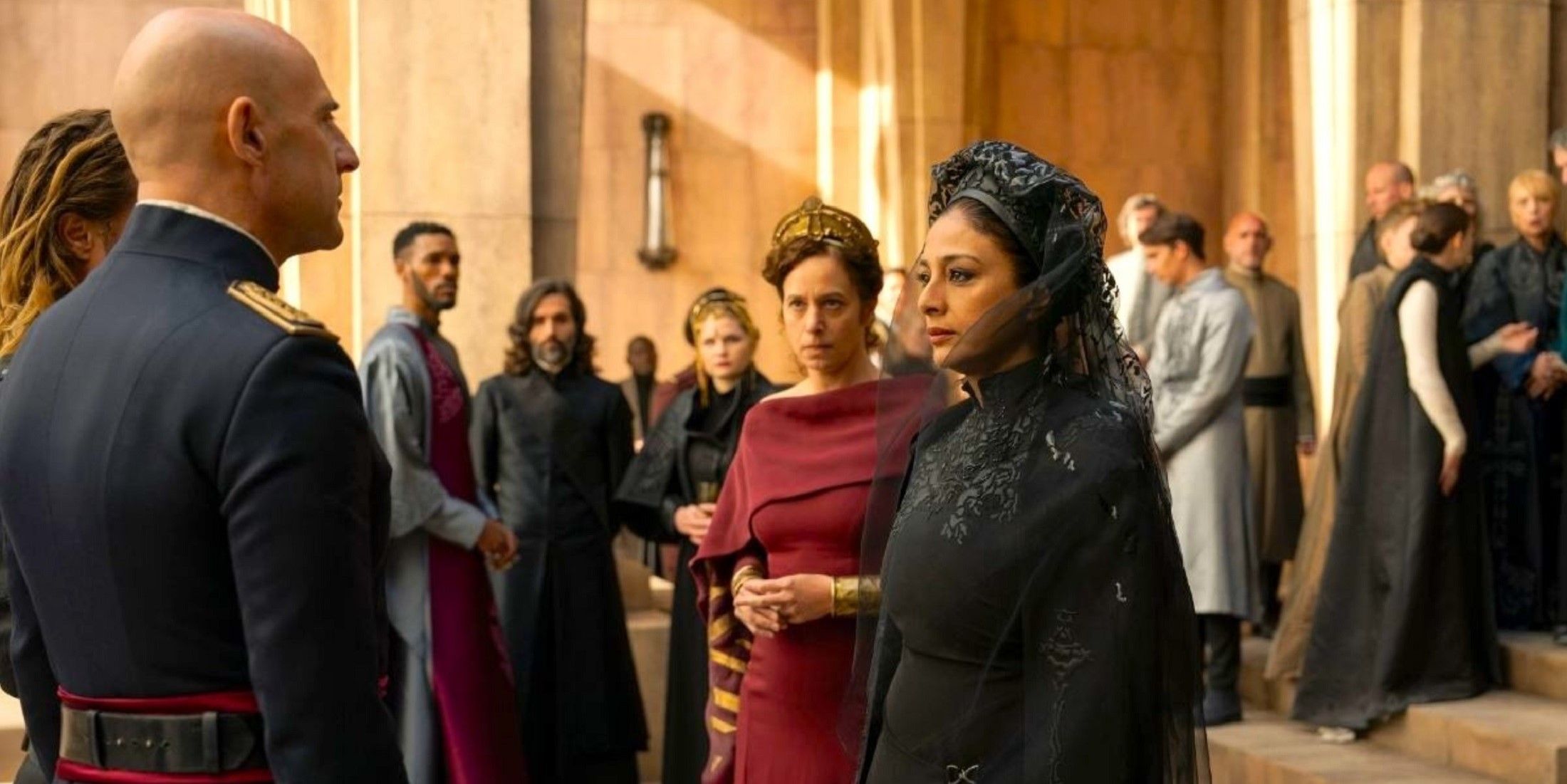
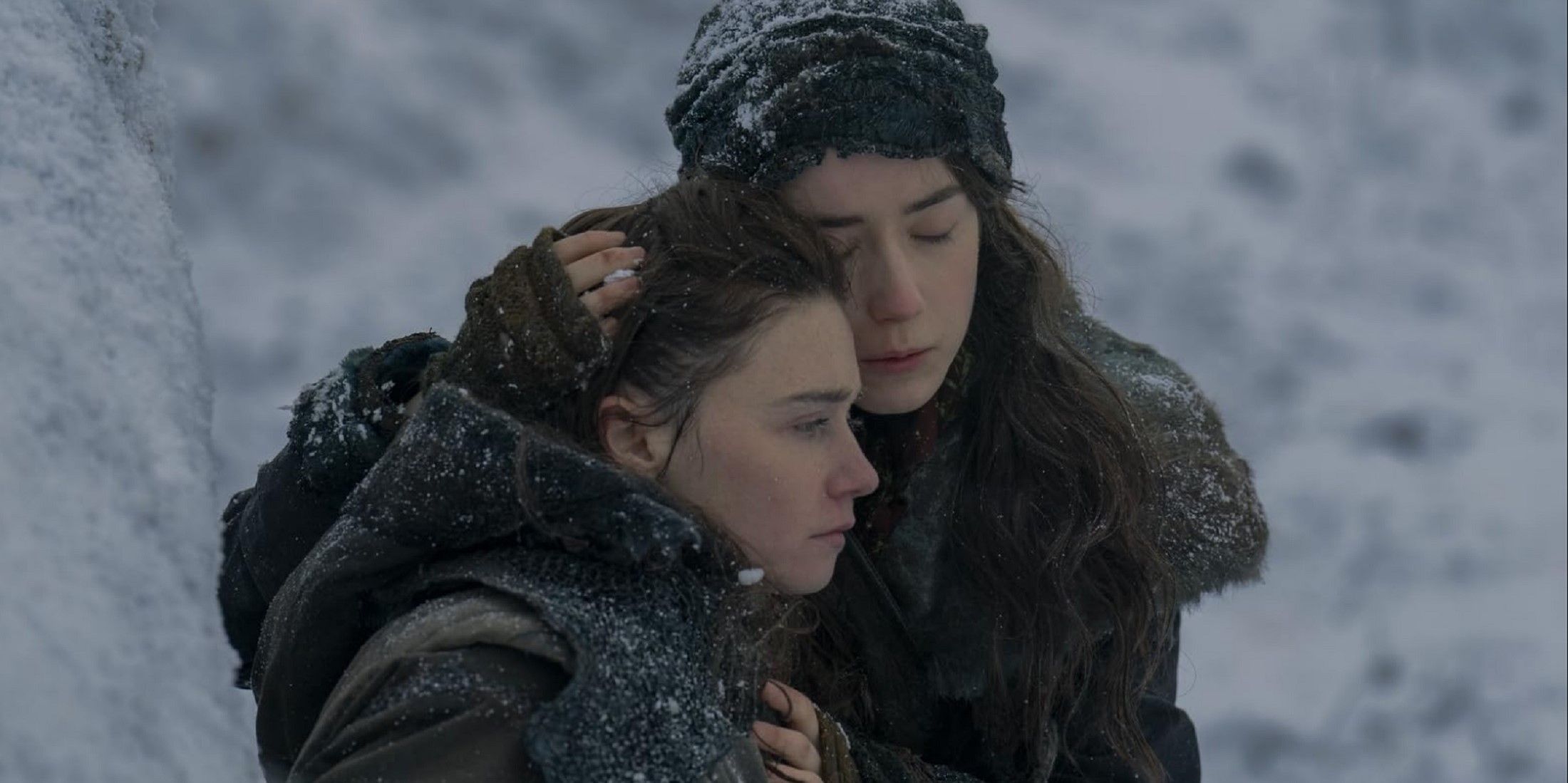
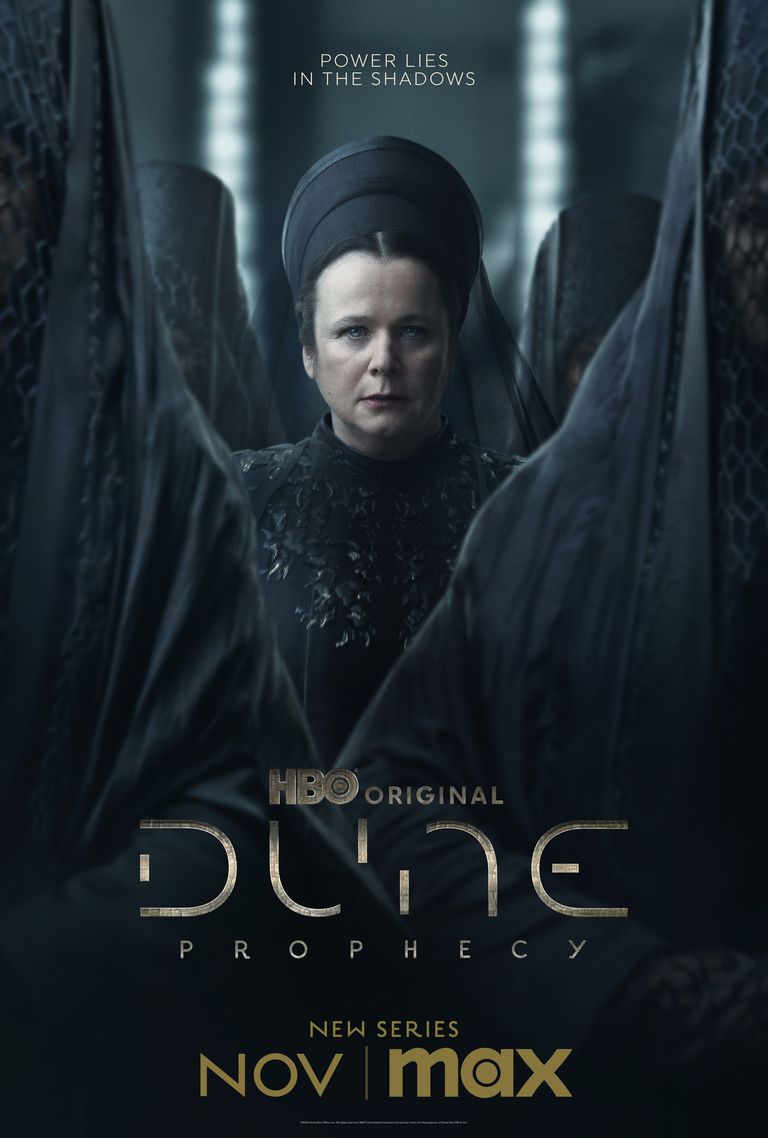
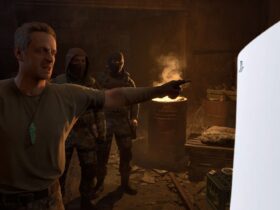



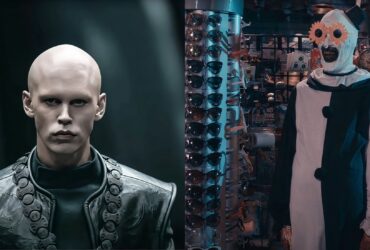
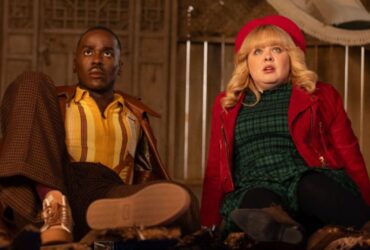



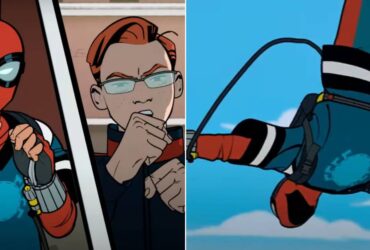
Leave a Reply